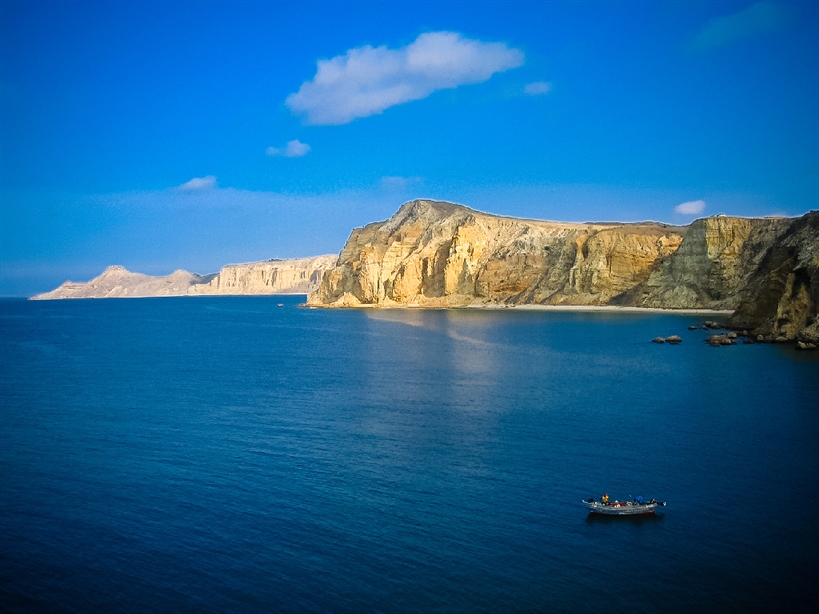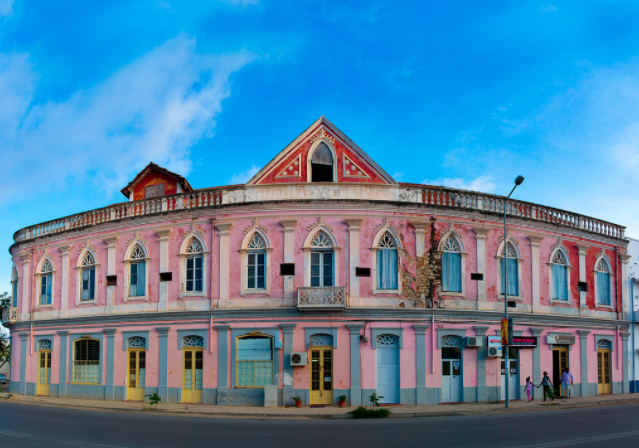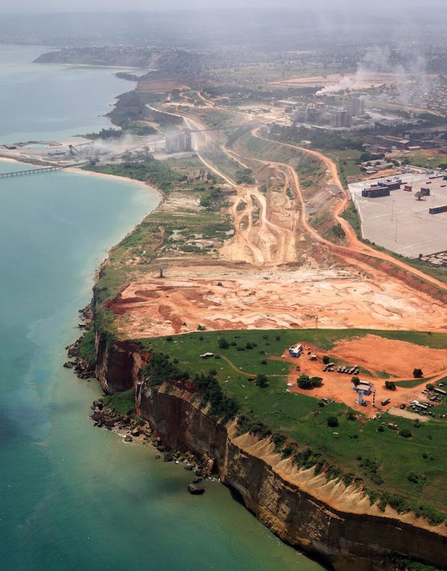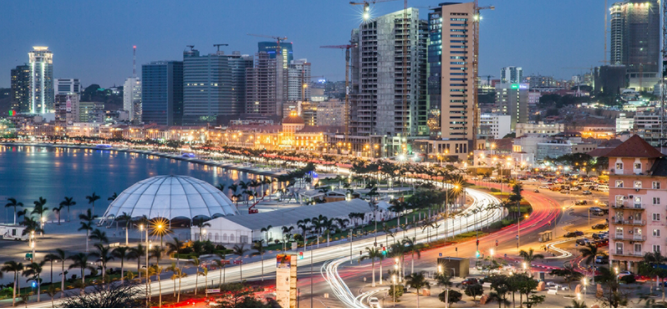WHY ANGOLA WILL BE NEXT
In the pages of international newspapers, reportage on entire African countries can move rapidly from hand-wringing, breaking-news stories to the sumptuous travel section. Mozambique, Rwanda, Ethiopia and even Zimbabwe have undertaken this migration in recent years – and it looks like Angola could be the next rags-to-riches tale.
Despite its extraordinary beauty, Angola has only attracted a smattering of tourists over the last few decades, many of them employees of the international companies set up in oil-rich Luanda.

But with sweeping white-sand beaches set on the Atlantic Ocean – which luckily warms up considerably to around 25 degrees after its Arctic-like incarnation on the South African and Namibian coastlines – and lush jungle filled with chattering monkeys, it is a traveller’s gem.
Culturally, it is also profoundly different to its neighbours. Angola was once a Portuguese colony, and remains one of only six African countries out of 54 where neither English nor French are spoken widely.
Much like Mozambique, Portuguese is still ubiquitous, and Luanda is culturally closer to Maputo, or even Bahia in northern Brazil than to neighbouring Zambia, Namibia or DRC.

And this Portuguese influence is noticeable the moment you step off the plane. From the Lisbon-style architecture in the capital, to the custard tarts and strong coffee in the piazza cafés, the colonial inheritance is pervasive – right down to the dancing. Where Argentines have the tango, Angolans have the kizomba, which locals often stay up perfecting until dawn.
However, enticing as the eating, drinking and dancing scene of Luanda is, it is the wilderness beyond that is the most tempting. And, happily, exploring it is more affordable than staying in the capital, where a hotel can set you back $500 a night, and a main course in a Western restaurant can be as much as $100.

Diversity is the name of the game in Angola. With deserts, rainforests, canyons, bushveld, mountains and thousands of miles of coastline, it is a travel company’s dream. And due to the lack of infrastructure and minimal levels of international tourism, beaches are – to use that choice travel-brochure word – deserted. Think untouched white sand stretching to the horizon and rolling, foaming waves with only the fish for company.
The most beautiful beaches are all in Benguela, with islands such as Mussulo competing with Mozambique’s Bazaruto and Tanzania’s Zanzibar as perfect African island pearls. Accessible by car in low tide – or by boat in high tide – it is surrounded by sandbars, which means gentle, relaxing swimming.
Angola also borrows many of the best bits from its neighbours. In the northern provinces, there is the lush Congo rainforest, filled with thousands of birds and chattering monkeys; while in the Namibe province in the South, there is access to the outer stretches of the Namib desert, with prehistoric cave paintings, ancient canyons and desert-dune safaris.
Although rare is the international traveller who doesn’t want to escape to the bush during their trip – which is where the Kissama National Park comes to the rescue. A few hours south from Luanda, it is set between two rivers and the sea, and is filled with snorting herds of elephant, giraffe and zebra, which were reintroduced into the country following the Civil War. Famous for its baobab trees and mangroves, it is also one of southern Africa’s prettiest safaris.
But when it comes to hotels – both affordable and not – the country is still rather lacking. Angola’s tourism industry is currently just raw materials, but as Mozambique and Ethiopia have proven, that can all change in the blink of an eye.












